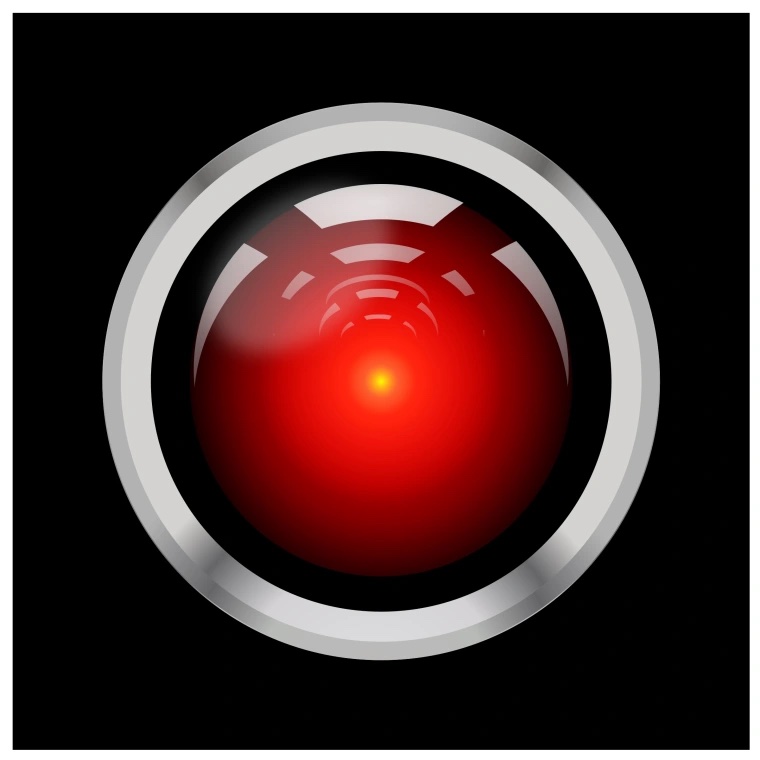Category: Week 10 (March 19 + 21)
-
Blade Runner (1982) | Debating Consciousness, Sartre in Ridley Scott
The 82′ science-fiction now deep-rooted classic of post New-Hollywood, Blade Runner, has undoubtedly left a monumental impact on American cinematic culture which hasn’t let-up its influence well into the 21st-century; look no-further than the Dennis Villeneuve 2017 sequel to the early eighties film, Blade Runner 2049. While the movie has been held-up as a beacon…
-
Where Am I?!
From watching Blade Runner The Final Cut (2007), I was extremely fascinated by the setting, especially the city and the off world. It was a bit difficult to follow at the start of the film, and I vividly remember questioning where am I? Nevertheless, it was beautiful to watch and interesting to see how the…
-
Deckard is a Replicant
While I dove into the Blade Runner fandom, I discovered massive discourse surrounding whether or not Deckard is a Replicant. In an interview with Ridley Scott about the more recent Blade Runner 2049, he immediately jumps in saying, “Deckard is a replicant.” Explaining how he must be for the new movie. However, Scott had not…
-
A.I. Ending Us, We’re Ending Ourselves
In today’s doom news, many recent developments in A.I. news are all connected to one point: money. I think these two segments, though different in title, converge at the same point. They discuss how money is always involved, and how so much money is being pumped into A.I. development when the majority of people are…
-
Behind Blade Runner
Watching Blade Runner (1982) in a theater with booming speakers and a large screen offered a vastly different experience than viewing it on a 15-inch MacBook. The immersive sound of Vangelis’ musical score enhanced the atmospheric mood of Ridley Scott’s world, allowing for a renewed appreciation of the film’s composition. The diverse and engaging cinematography,…
-
Are you human? and Other Questions
Like other pieces from the franchise, the final cut of Ridley Scott’s Blade Runner contains many tests and questions, like the Voight-Kampff test that aims to identify replicants versus non-replicants. The questions often refer to animals and less often, family members, to evoke emotions in the test-taker and separate humans– who are meant to feel…
-
Week 10 Reader’s blog
The concept of limiting access to advanced intellectual property has been deeply rooted in our consciousness from the outset, influenced initially by fears of extraterrestrial beings, lost civilizations such as Atlantis, and superpowers from outer space. As our technological capabilities have expanded, this apprehension has transitioned from mythical entities to more tangible concerns, notably artificial…
-
ai rights and blade runner ip reader post
Blueprint for an AI Bill of Rights While the article acknowledged the current inefficiency and shortcomings of the development of automated systems and advanced technology that relies heavily on users’ data and online statistics, it also unambiguously expresses the White House’s open-minded attitude to technological advancements. Even though titled “AI Bill”, the five pillars stated…
